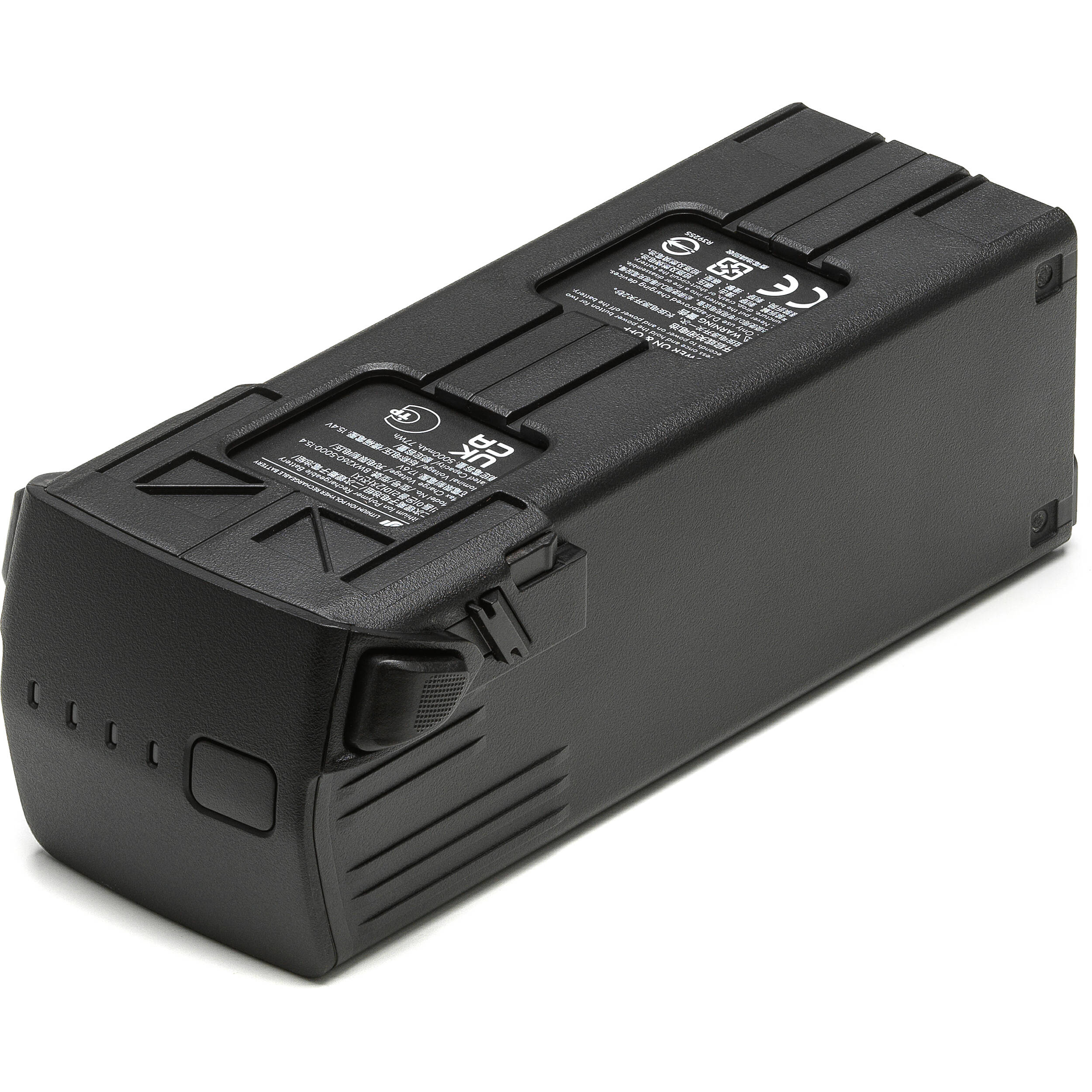How Smart Batteries Are Extending Drone Flight Time
Drones have revolutionized industries ranging from photography and agriculture to defense and logistics. However, one of the biggest challenges drone manufacturers and users face is limited flight time due to battery constraints. Traditional lithium-polymer (LiPo) and lithium-ion (Li-ion) batteries provide only a finite amount of power, often restricting drones to short-duration flights. To overcome this limitation, smart batteries are emerging as a breakthrough solution, significantly improving drone efficiency, longevity, and overall performance.
Smart batteries are advanced power sources equipped with built-in management systems, real-time monitoring capabilities, and intelligent energy optimization features. Unlike conventional batteries that simply store and release energy, smart batteries actively regulate power distribution, temperature, and charge cycles to maximize flight efficiency. These batteries use an embedded Battery Management System (BMS) that monitors voltage, current, temperature, and remaining capacity, thereby enhancing safety and optimizing battery usage.
The effectiveness of smart batteries in extending drone flight time is due to several innovative technologies. One of the key developments is energy-dense battery chemistry, which includes advancements in materials such as solid-state lithium-ion and silicon anode batteries. These high-energy-density materials allow batteries to store more power without increasing weight, resulting in longer flight durations. Additionally, intelligent power management systems optimize energy consumption by dynamically adjusting power supply based on drone activity. This prevents unnecessary power wastage and ensures critical functions like propulsion, navigation, and communication are prioritized.
Another innovative feature is regenerative energy recovery, which enables drones to capture excess energy during flight maneuvers such as descending or reducing speed. This reclaimed energy is fed back into the battery, effectively extending operational time. Moreover, thermal management systems play a crucial role in battery efficiency by preventing overheating, which can reduce performance and lifespan. Smart batteries incorporate active cooling mechanisms and thermal protection sensors, ensuring optimal functionality even in extreme weather conditions.
Adaptive charging and battery health monitoring further enhance battery longevity. Unlike traditional batteries that degrade quickly with frequent charging, smart batteries feature intelligent charging systems that prevent overcharging and excessive wear. The built-in health monitoring system tracks battery performance and provides alerts on potential issues, reducing the risk of sudden power failures during flights.
With these advancements, smart batteries have significantly improved drone flight endurance. While traditional consumer drones typically have a flight time of 20 to 30 minutes, smart battery-equipped drones can now achieve over 60 minutes of continuous flight. High-end industrial drones used for mapping, surveillance, and deliveries can remain airborne for multiple hours, increasing operational efficiency. Furthermore, smart power management ensures energy is utilized effectively, reducing unnecessary drain and optimizing drone performance.
Smart batteries also enhance drone reliability in extreme conditions by adjusting power output to compensate for temperature variations, preventing battery failure in very cold or hot environments. Additionally, faster charging and swappable battery systems allow drones to be quickly recharged or have their batteries replaced, minimizing downtime during critical missions such as search and rescue or military operations.
As drone technology advances, battery innovations will continue to evolve. Researchers are exploring next-generation energy sources such as graphene-based batteries, hydrogen fuel cells, and solar-assisted battery systems, which hold the potential to dramatically extend drone flight times. Wireless charging technologies could further revolutionize drone operations, allowing drones to recharge mid-air through aerial power stations, eliminating the need for frequent landings.
Artificial intelligence (AI) integration with battery management systems is another promising development. AI-powered batteries will optimize power consumption based on past flight patterns and environmental conditions, ensuring maximum efficiency. These advancements will be crucial for industries that rely on long-duration drone flights, such as logistics, environmental monitoring, and disaster response.
In conclusion, smart batteries are transforming drone capabilities by extending flight time, improving power efficiency, and enhancing reliability. With innovations in battery chemistry, intelligent power management, and real-time monitoring, drones can operate longer and more efficiently than ever before. As battery technology continues to evolve, drones will see even greater advancements in flight endurance, operational range, and sustainability. Whether for commercial, industrial, or military applications, smart batteries are paving the way for the next generation of drone operations, ensuring unparalleled performance and efficiency.
.png)






Leave a Comment
Your email address will not be published. Required fields are marked *